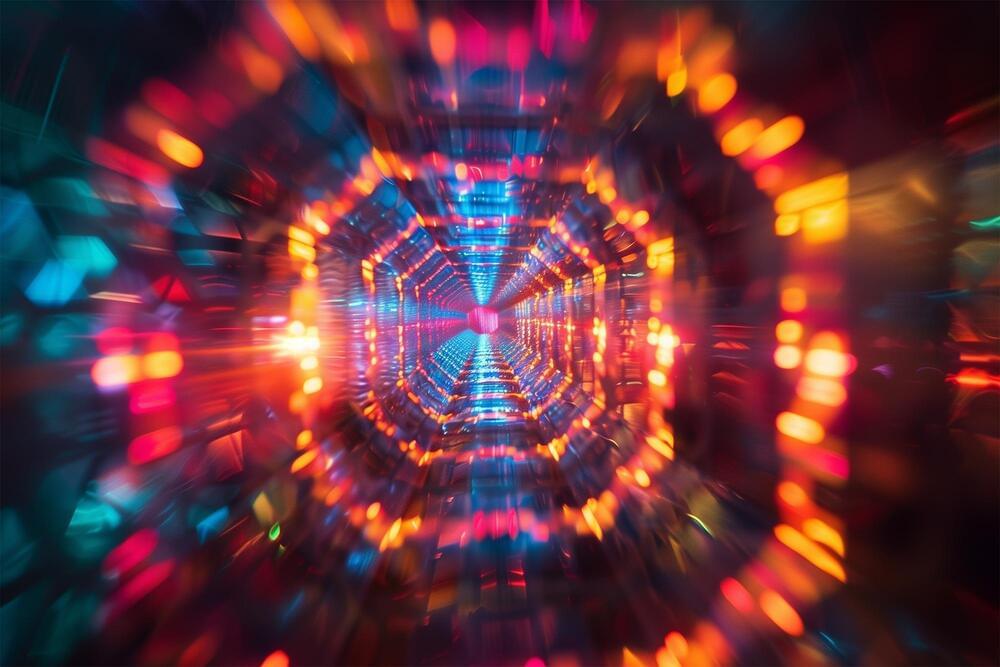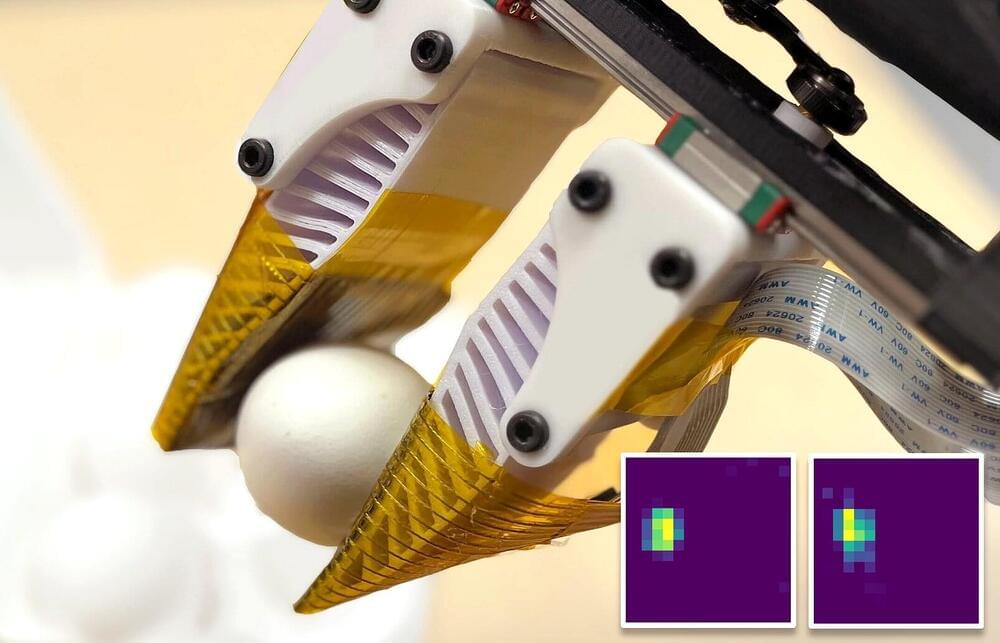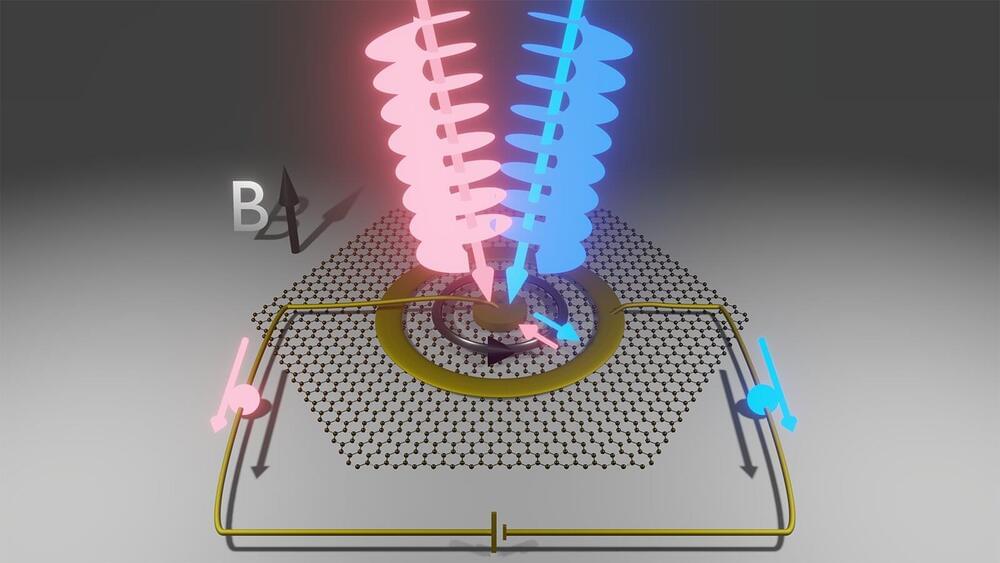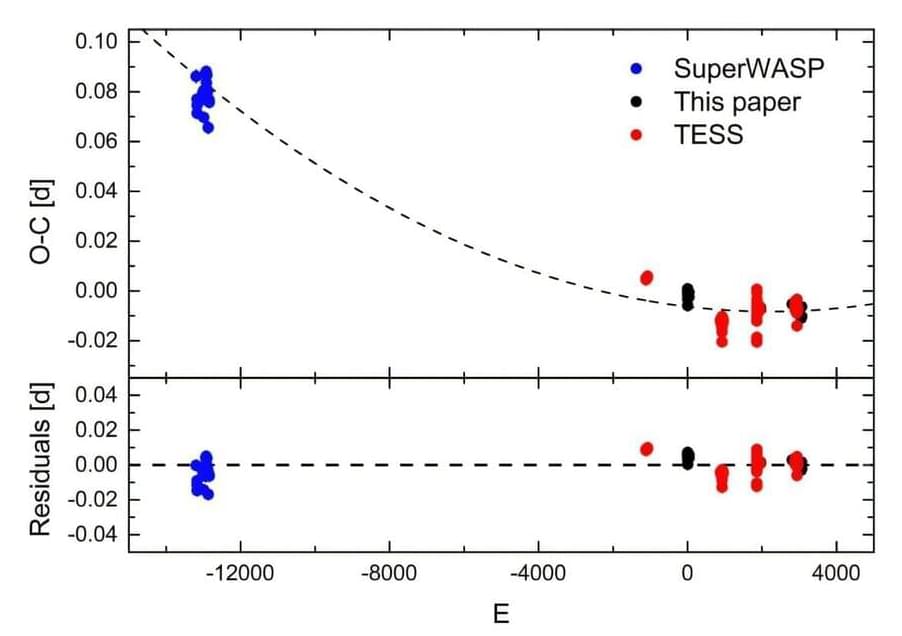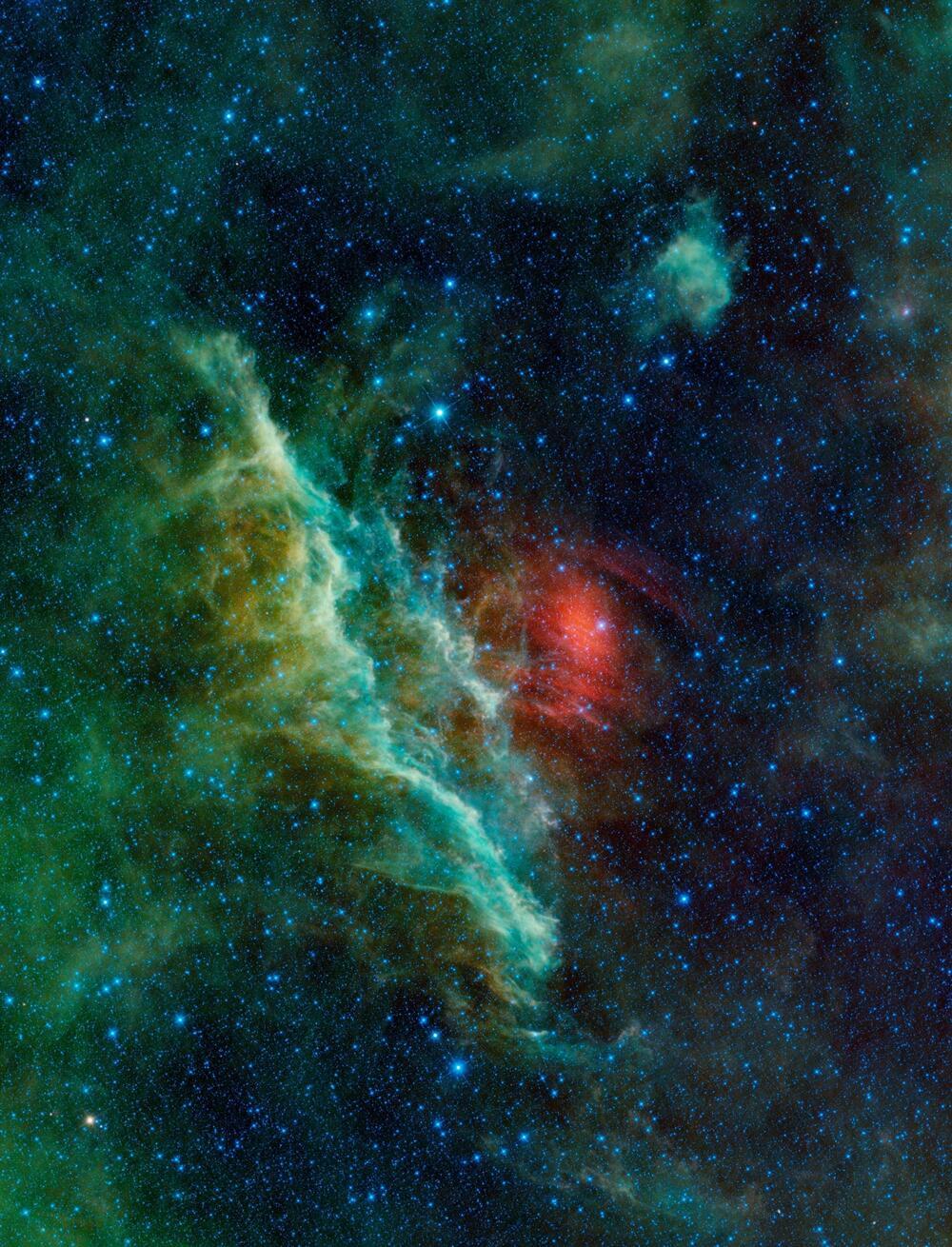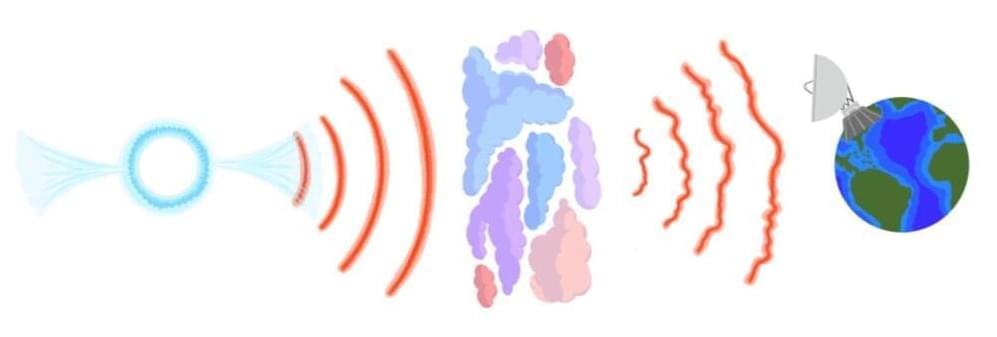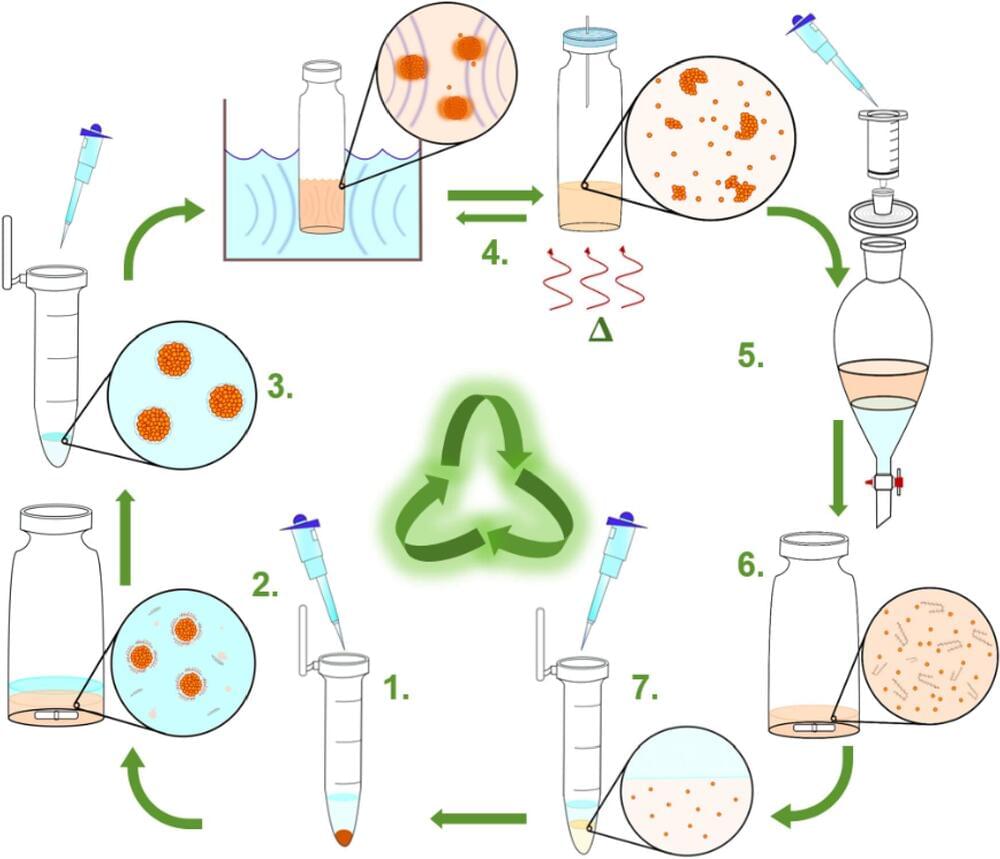A study that sheds new light on how pulsar signals—the spinning remnants of massive stars—distort as they travel through space, published in The Astrophysical Journal, was led by Dr. Sofia Sheikh, SETI Institute researcher, and performed by a multi-year cohort of undergraduate researchers in the Penn State branch of the Pulsar Search Collaboratory student club.
Maura McLaughlin, Chair, Eberly Distinguished Professor of Physics and Astronomy, West Virginia University, created the Pulsar Search Collaboratory to engage high schoolers and undergraduates in pulsar science, and she helped facilitate access to the data used in this study.
Using archival data from the Arecibo Observatory, the student team found patterns that show how pulsar signals change as they move through the interstellar medium (ISM), the gas and dust that fills the space between stars. The team measured scintillation bandwidths for 23 pulsars, including new data for six pulsars not previously studied.
